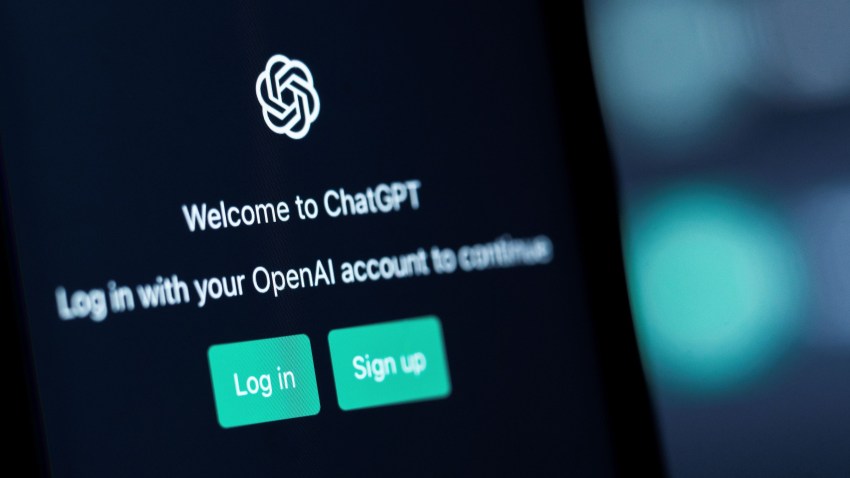The pace of innovation when it comes to artificial intelligence is leaving many outside observers, and even industry insiders, stunned. Large Language Models—or computer programs that are “trained” using massive corpus of text—can now produce human-like prose. Generative AI programs such as OpenAI’s ChatGPT4 or Google’s Bert can quickly produce summary analyses on a range of topics, as well as write computer code, produce art, compose music and even provide legal opinions.
The future that many have been enthusiastically predicting is now. For others, the arrival of that future is worrisome.
Last month, a collection of tech-sector officials, scientists and policymakers signed an open letter calling for a six-month moratorium on the production of new generative AI models. If private AI labs will not do so voluntarily, they want governments to “step in and institute a moratorium.” The goal of the pause is to allow for programming safeguards to be developed for future AI systems, so that “their effects will be positive and their risks will be manageable.”

